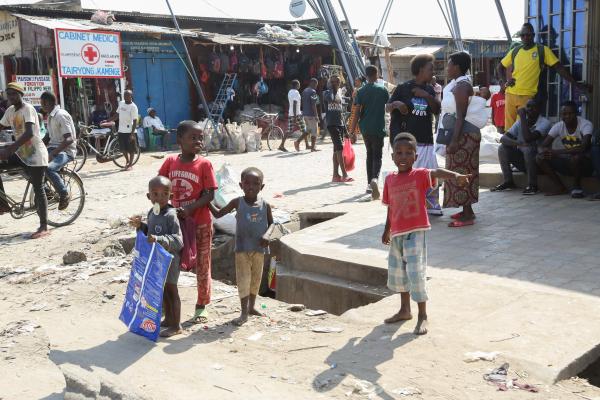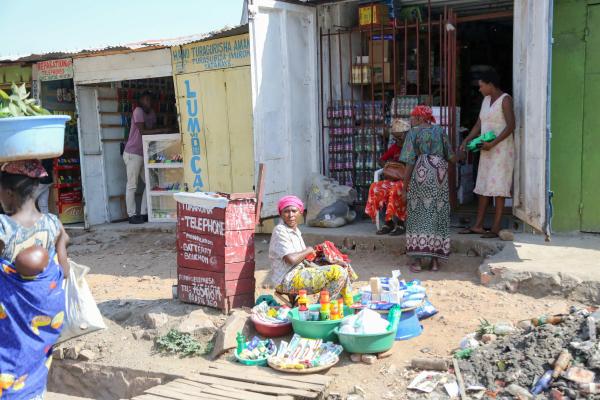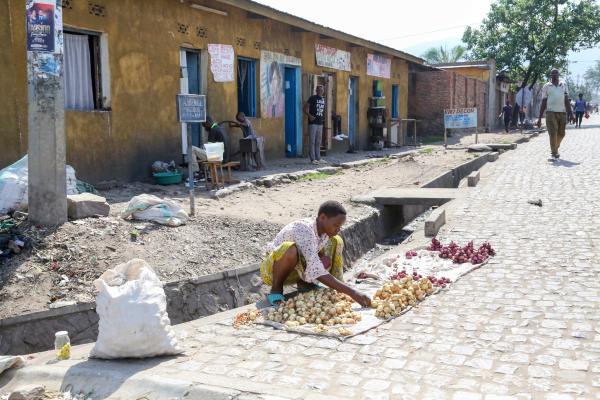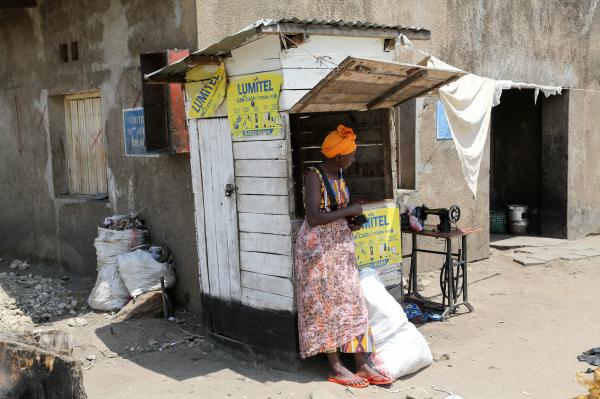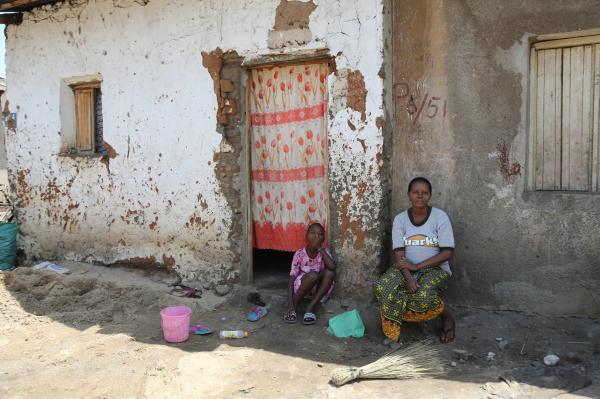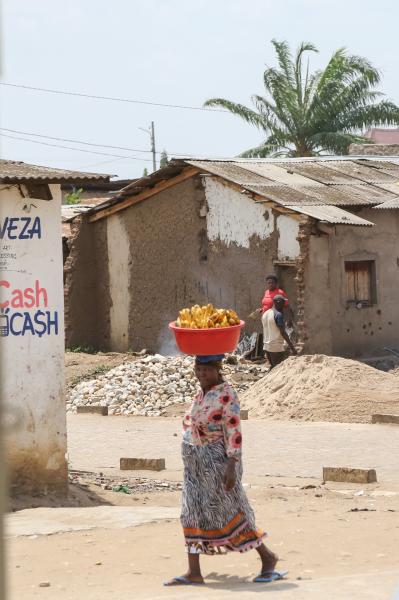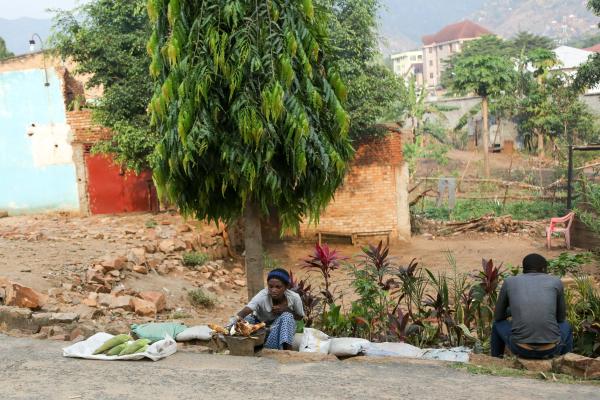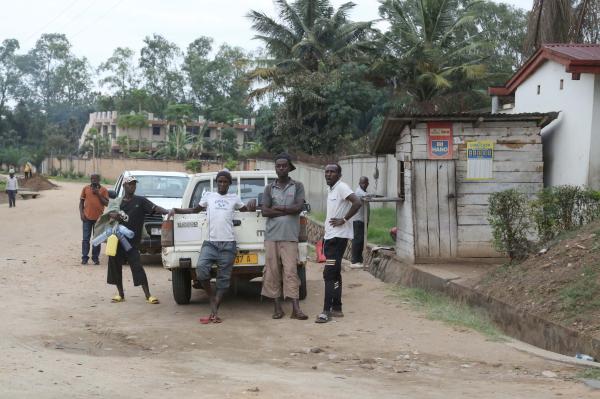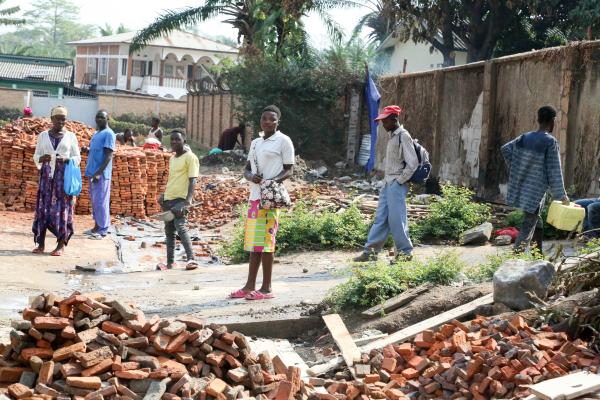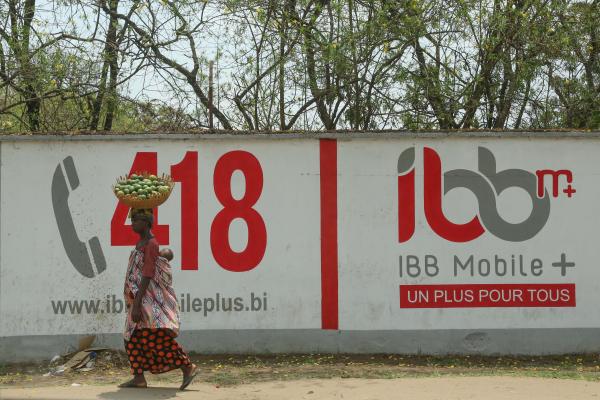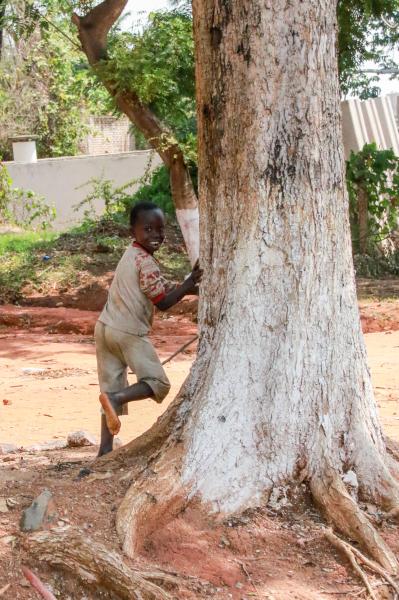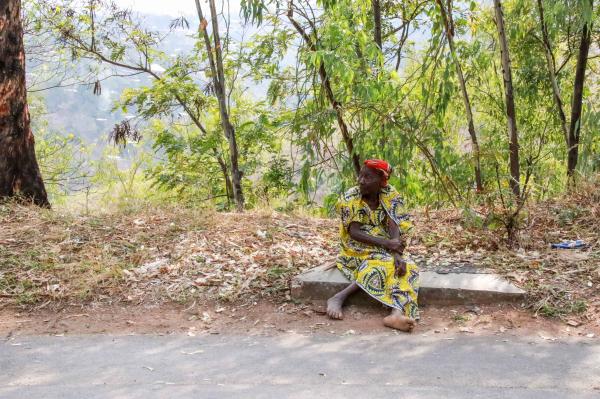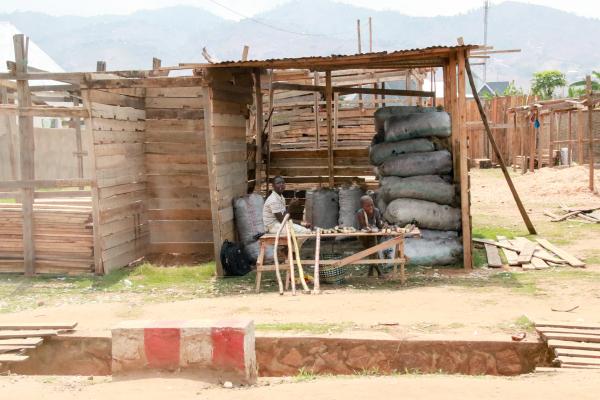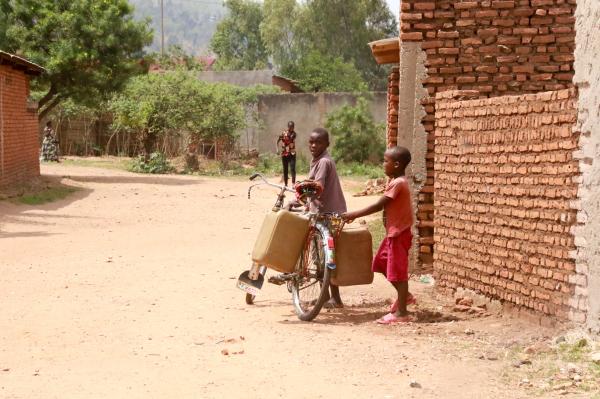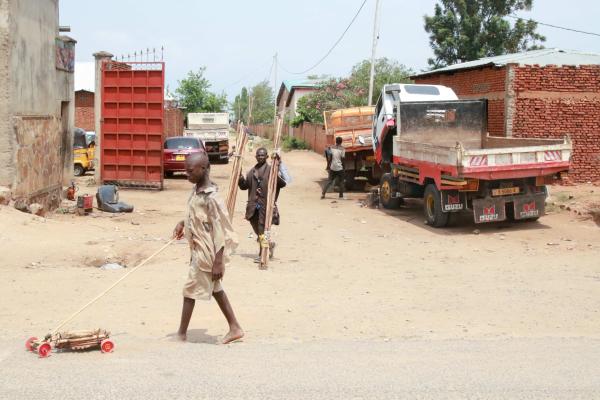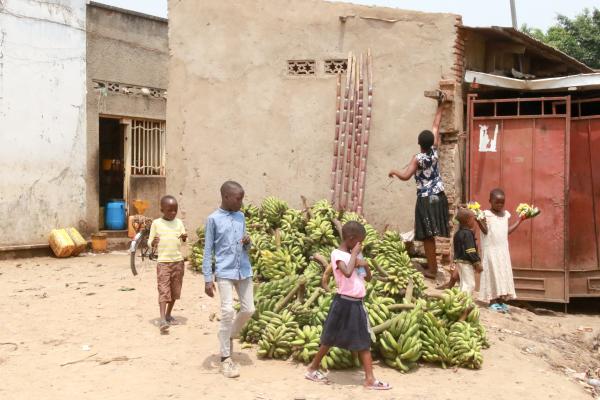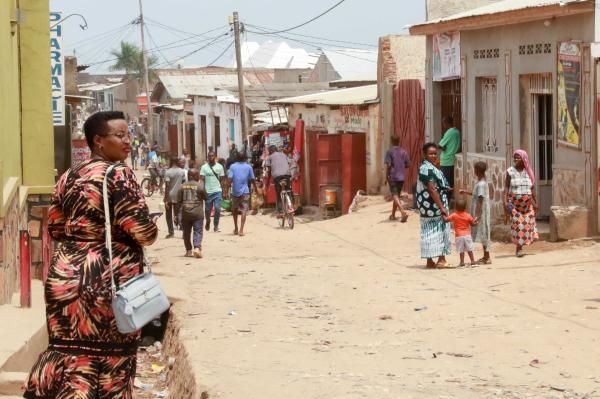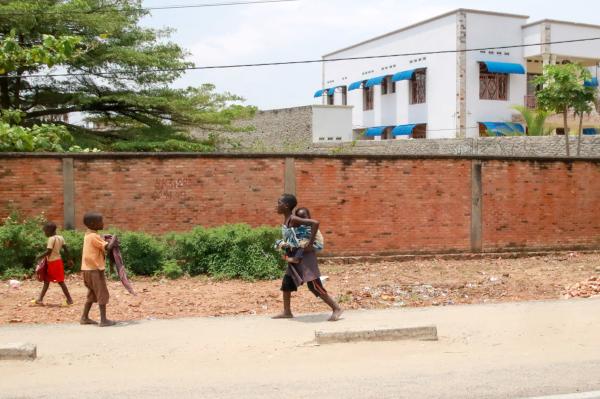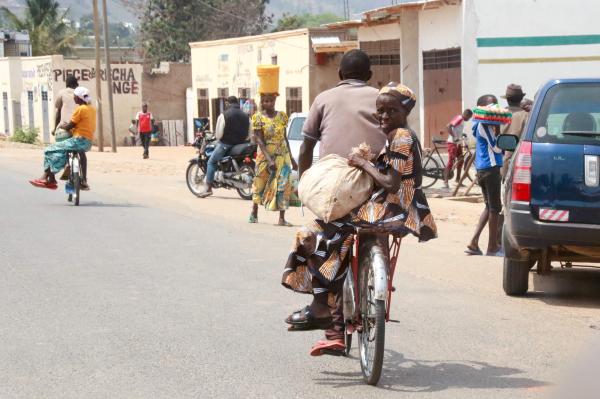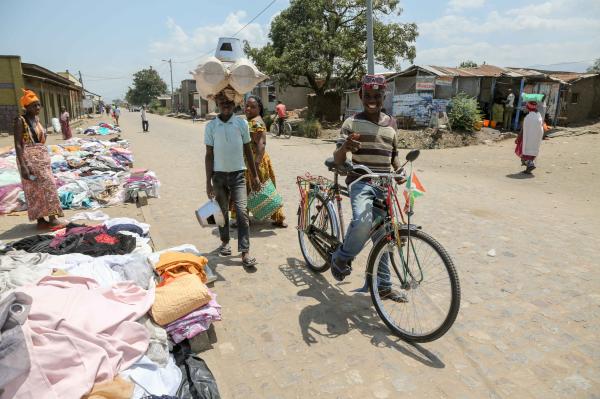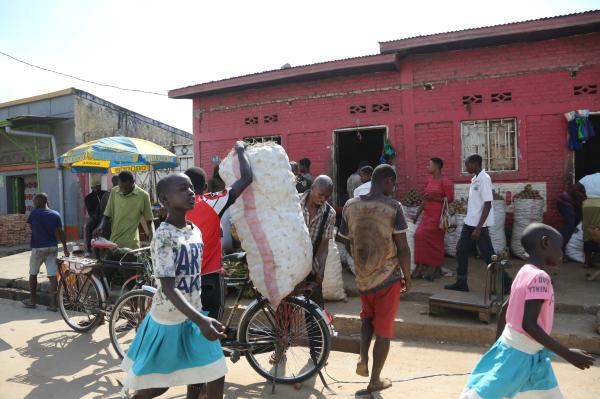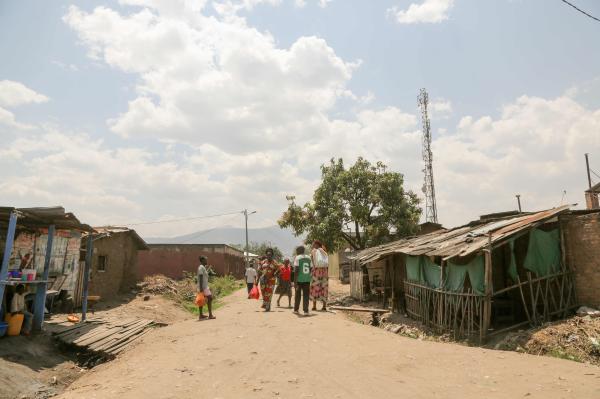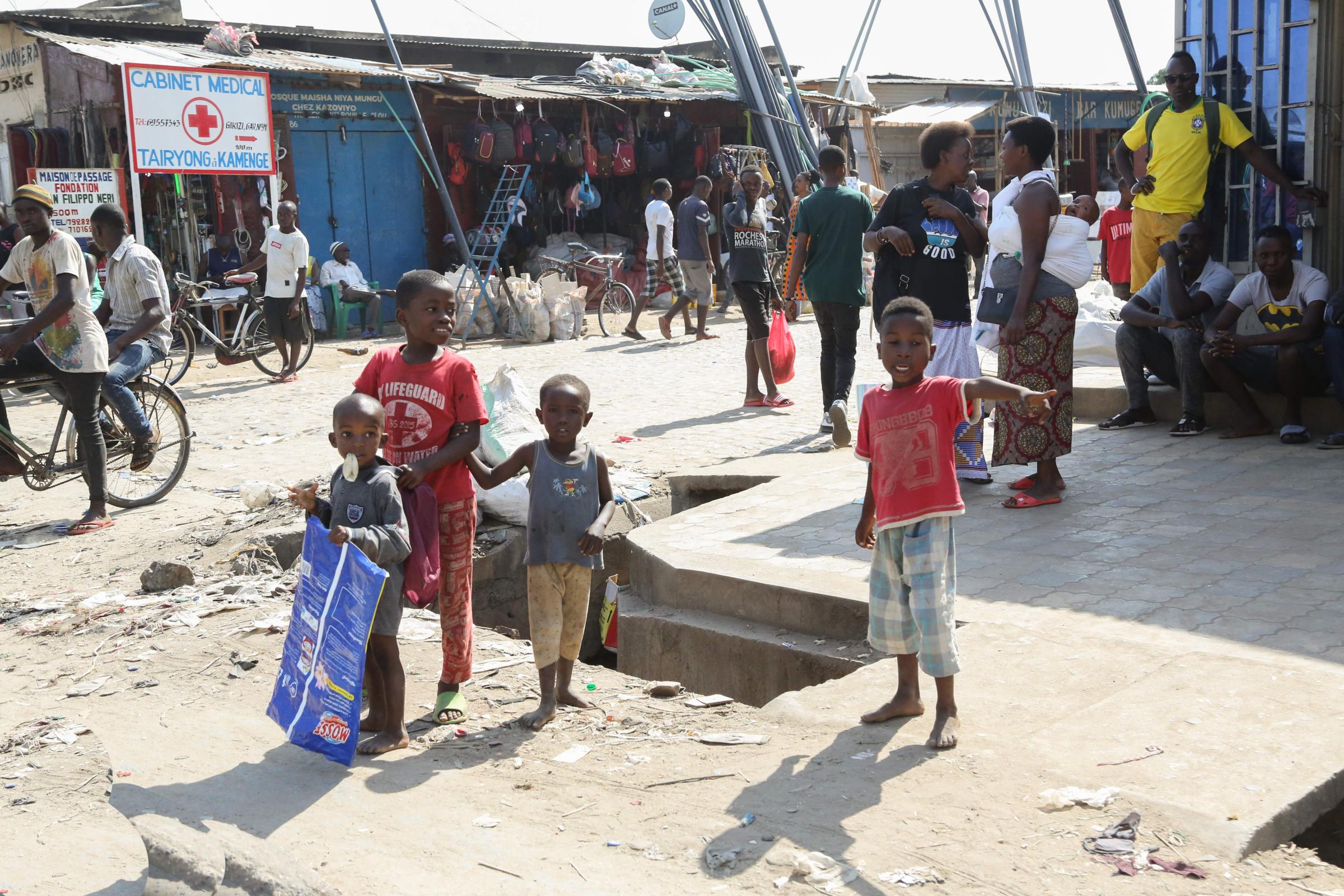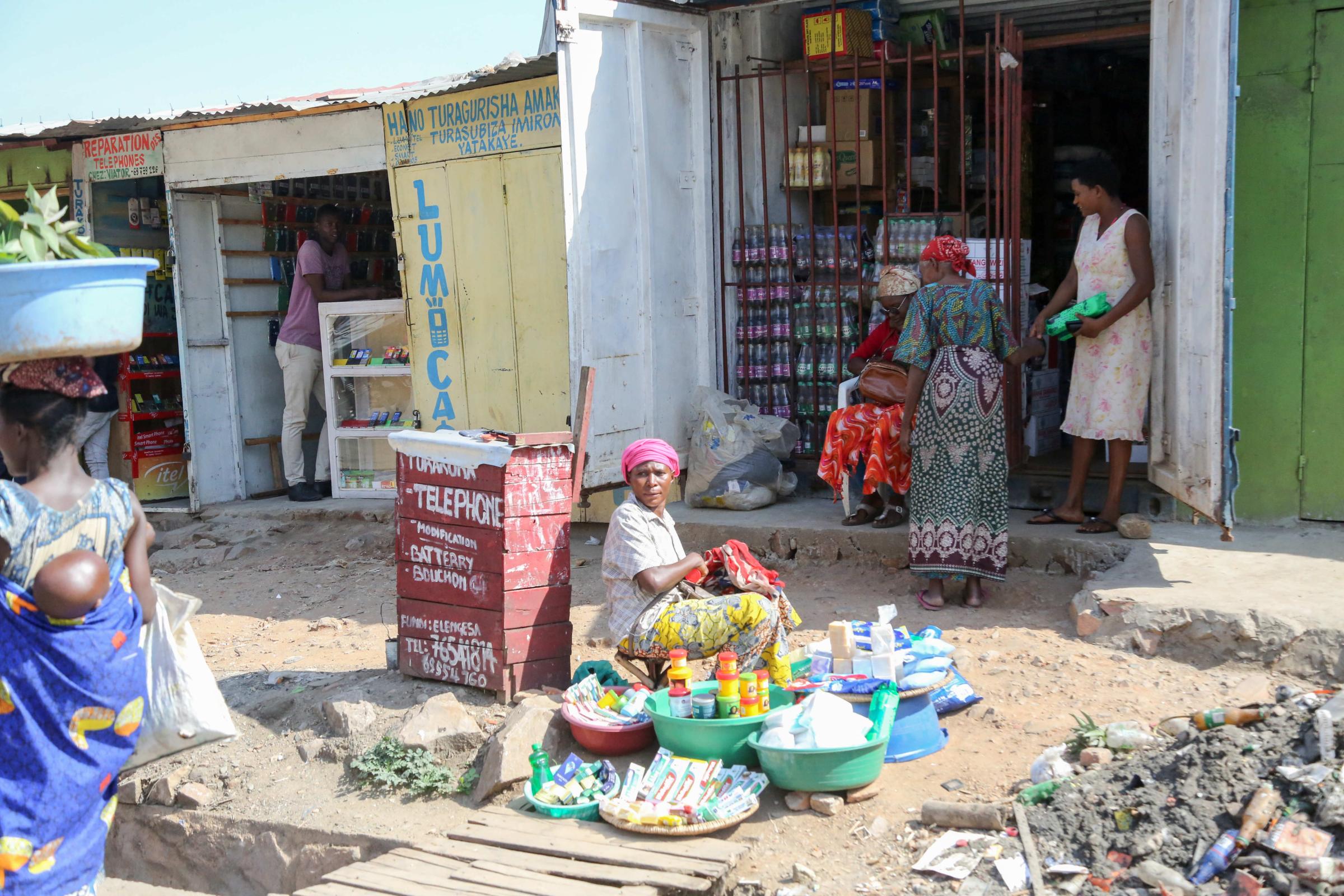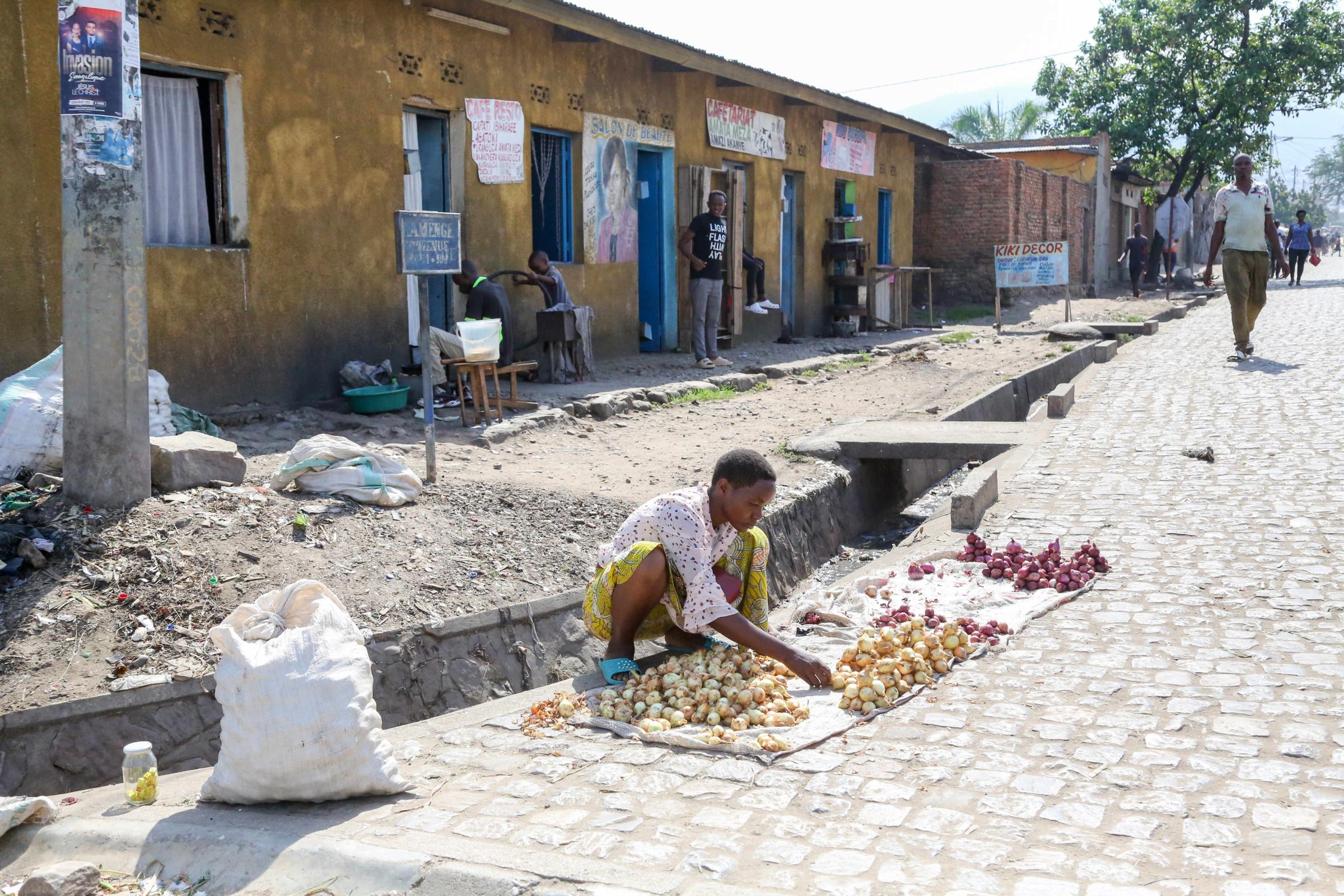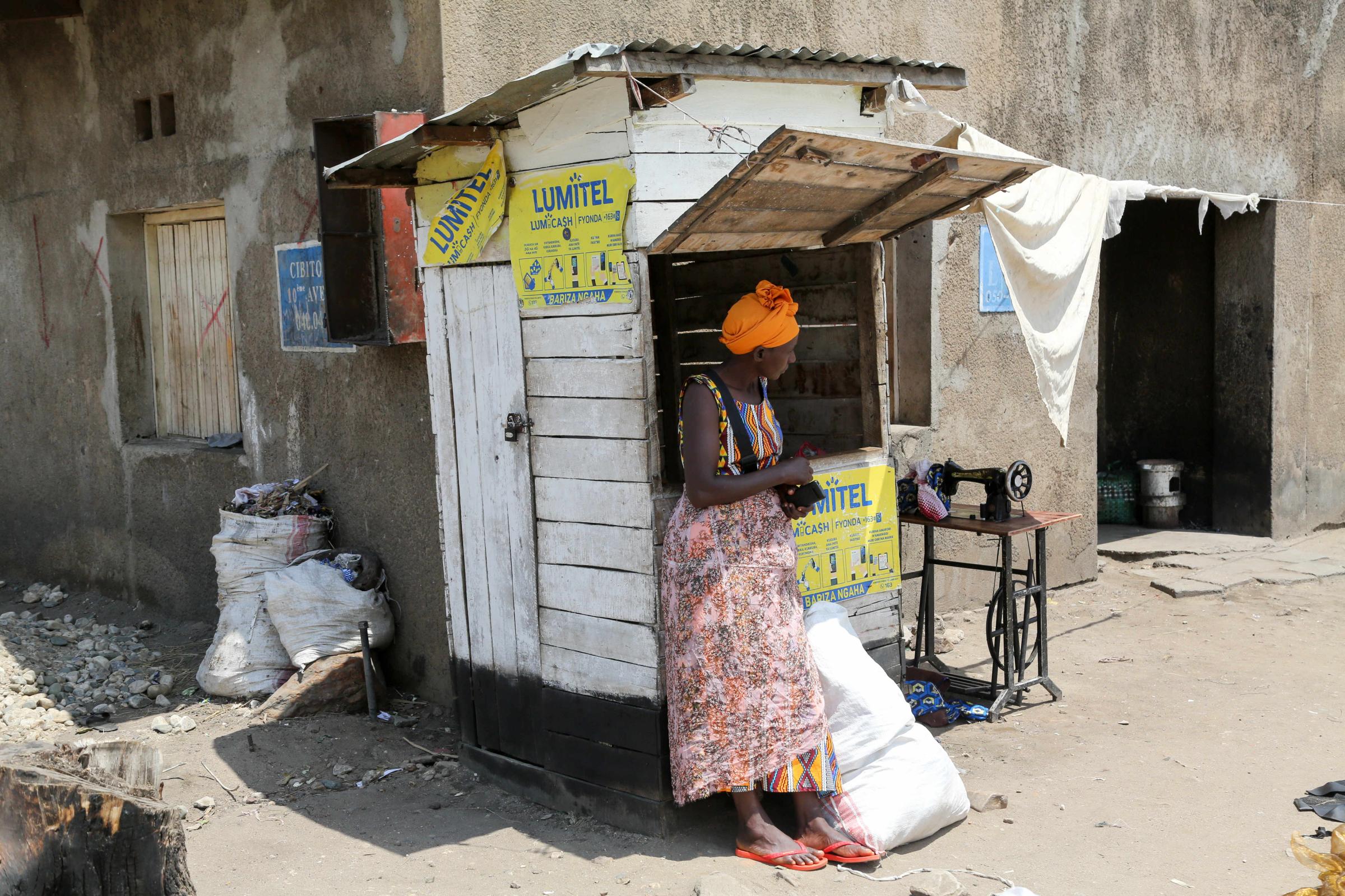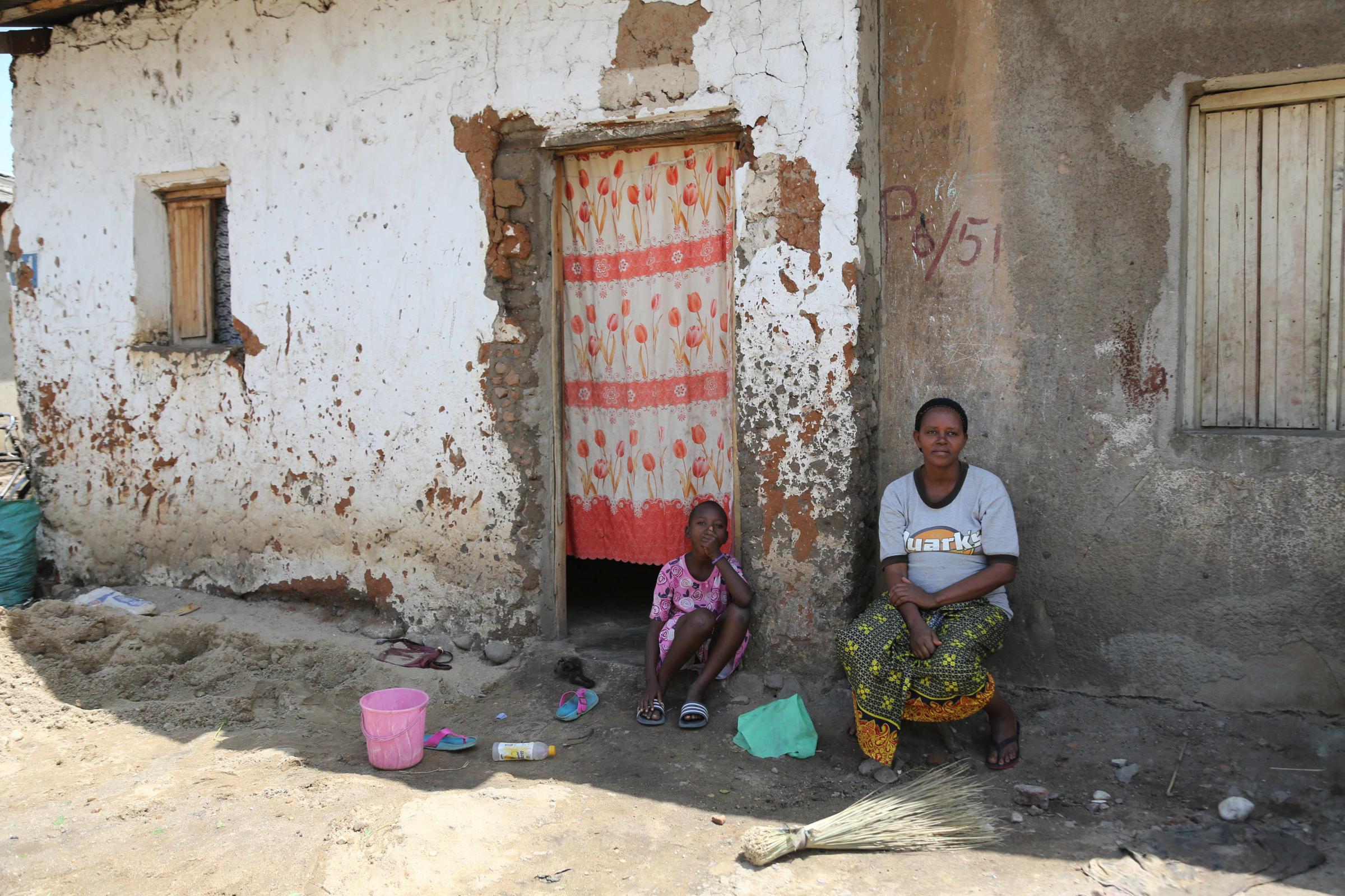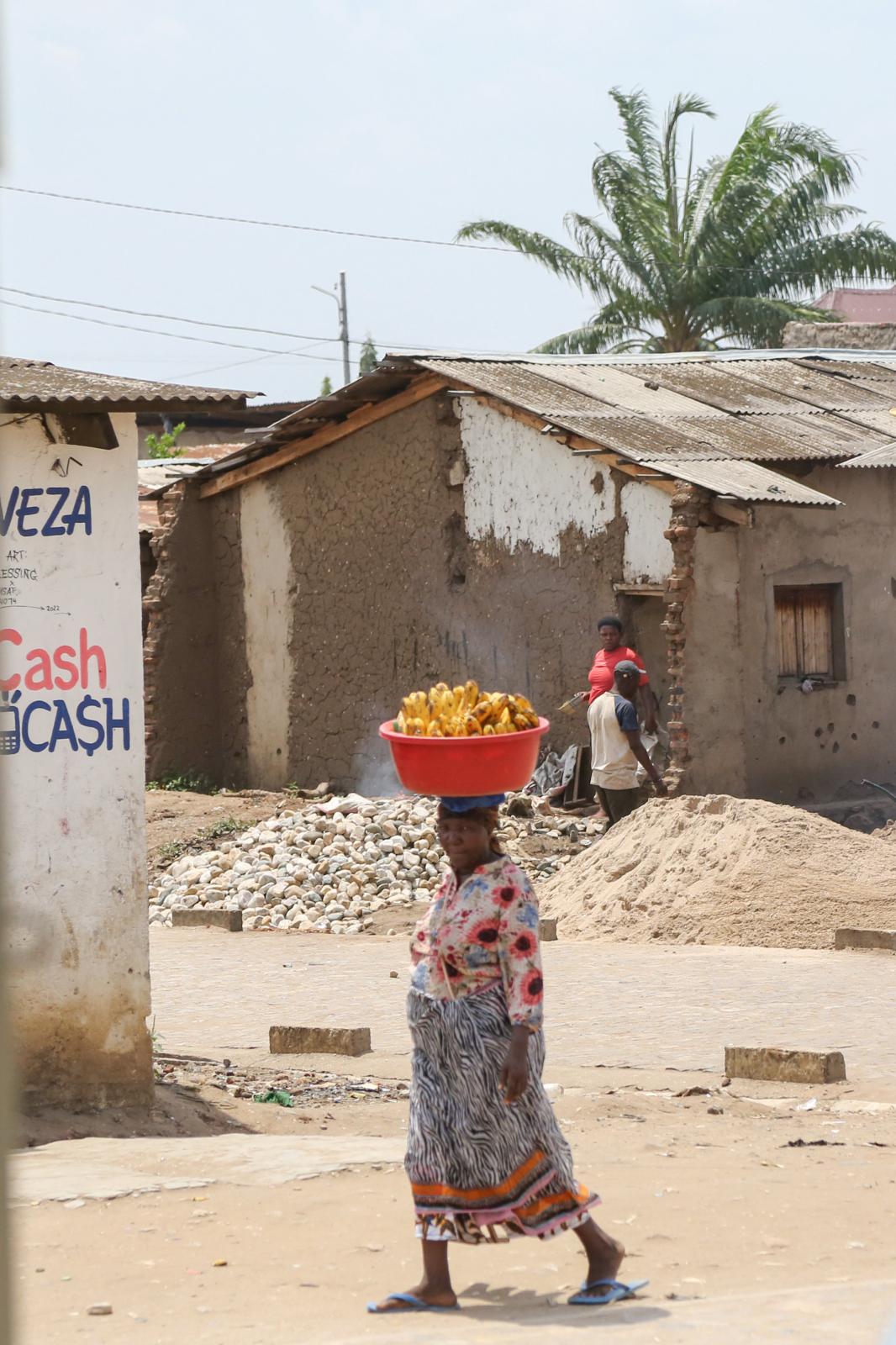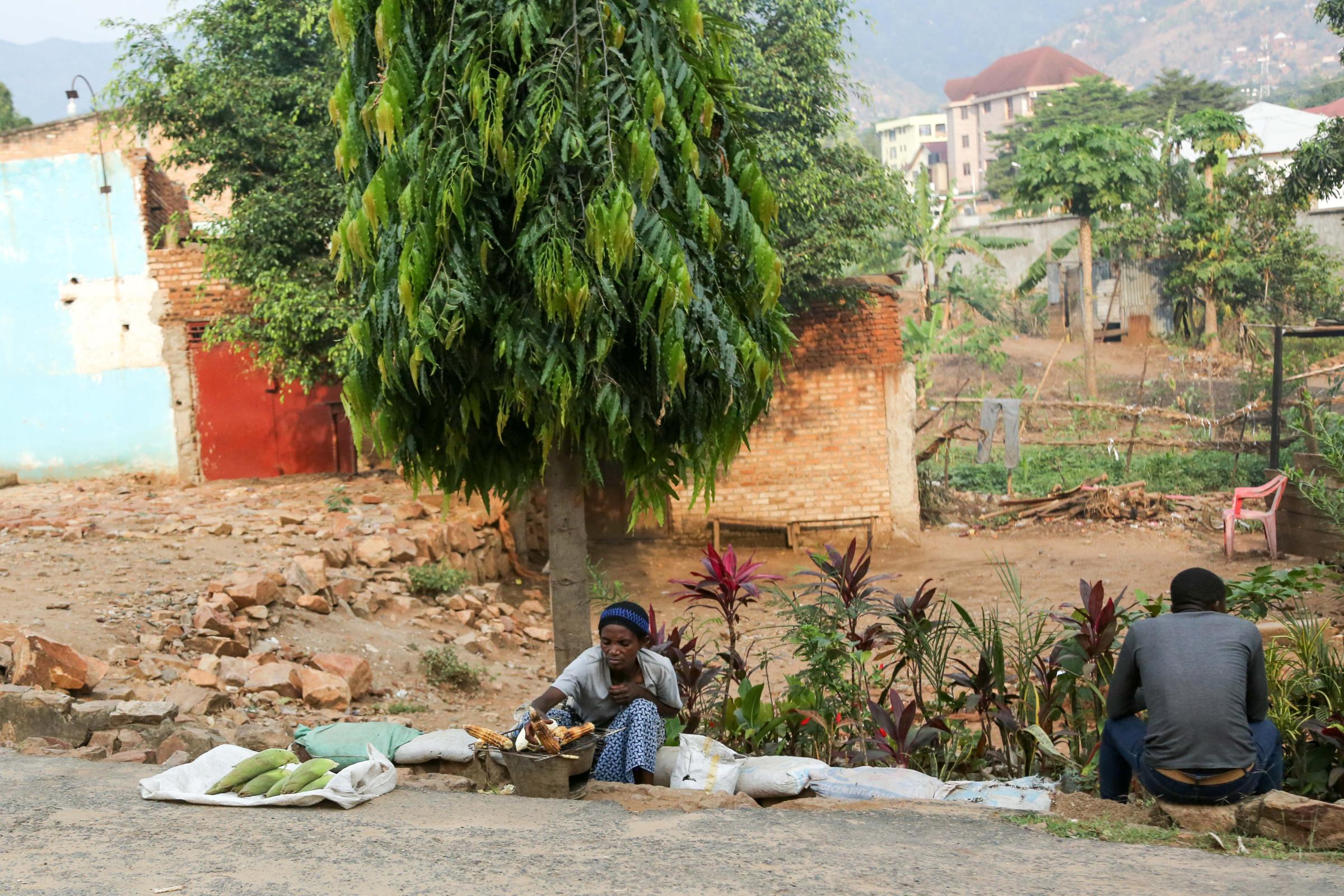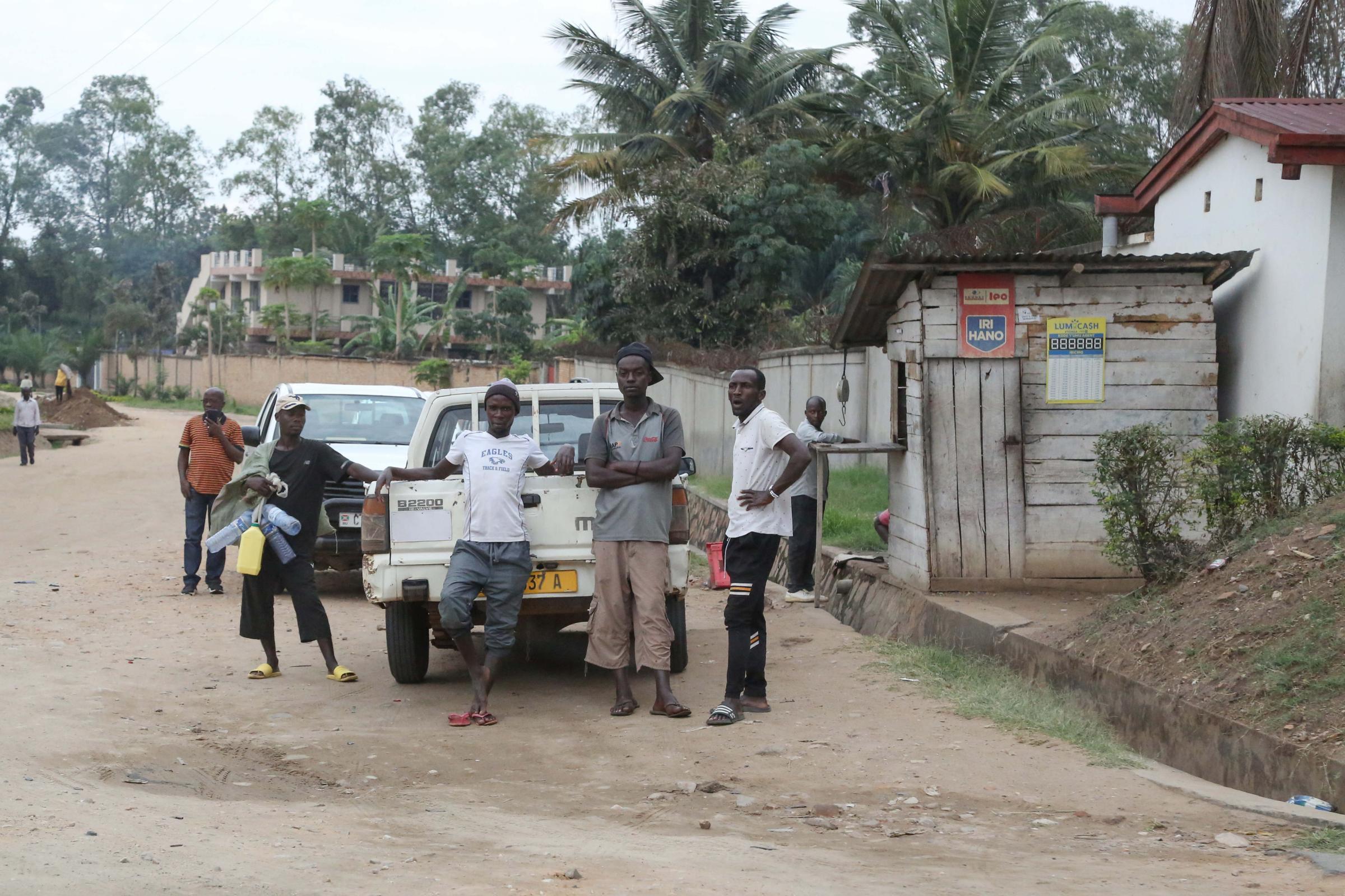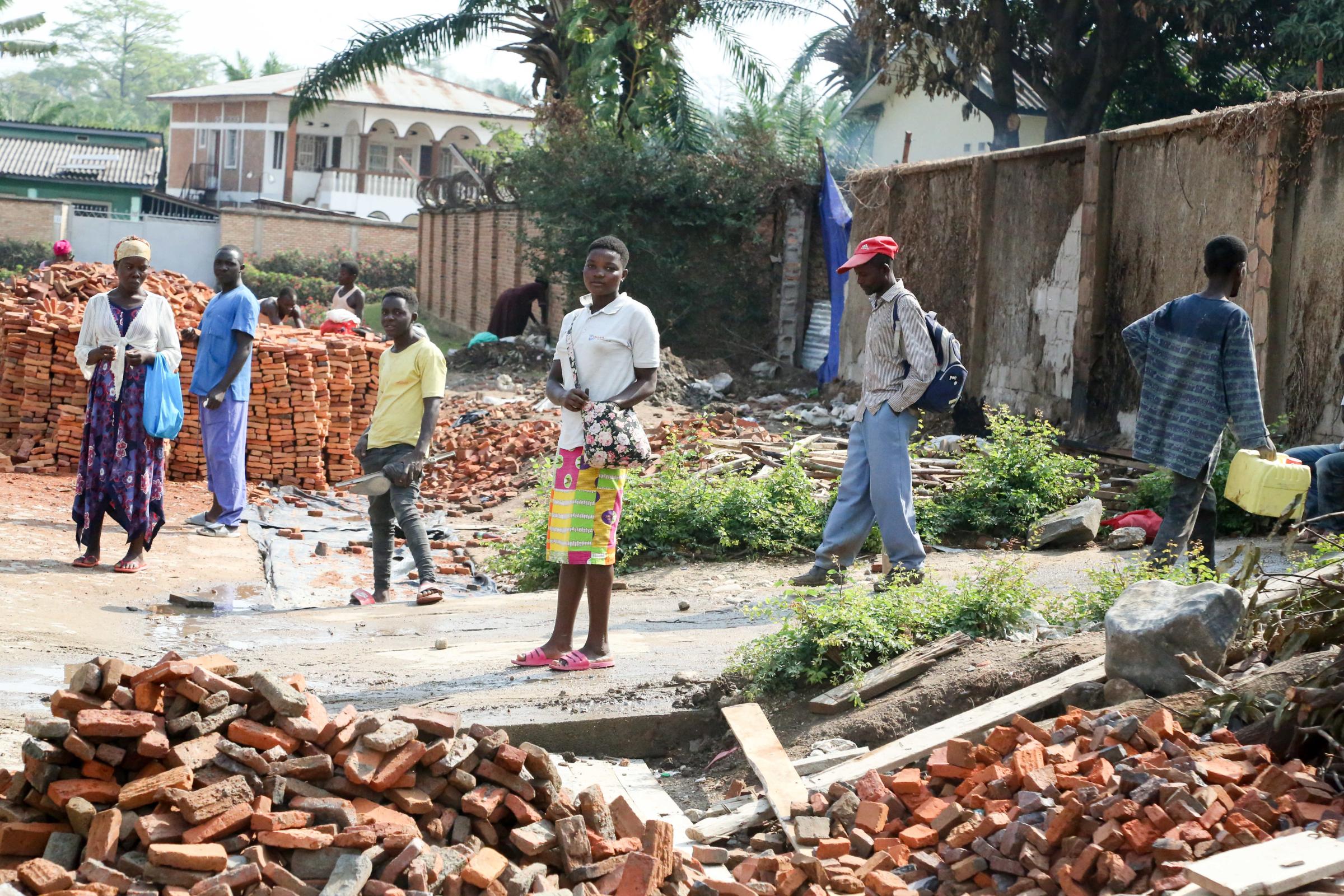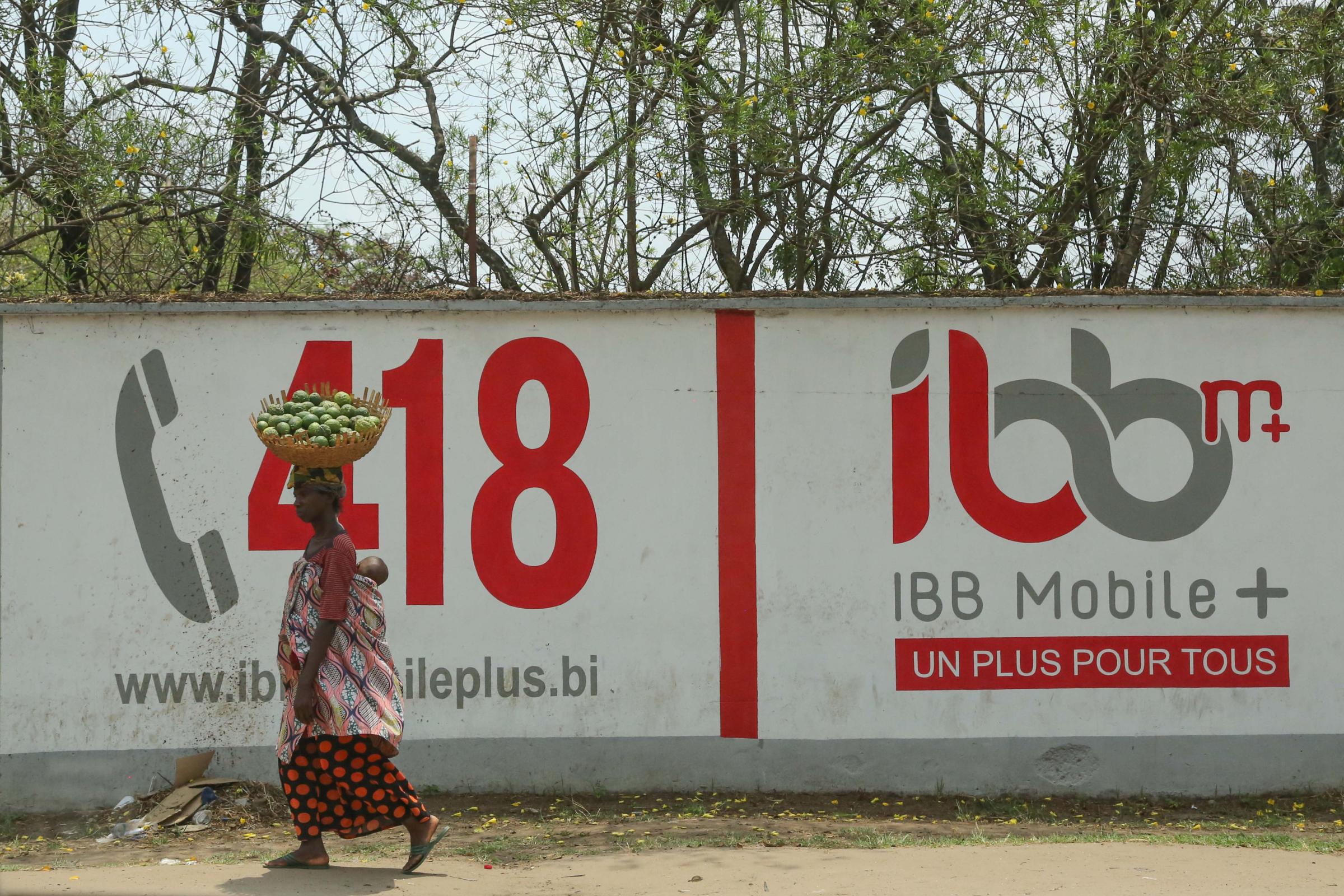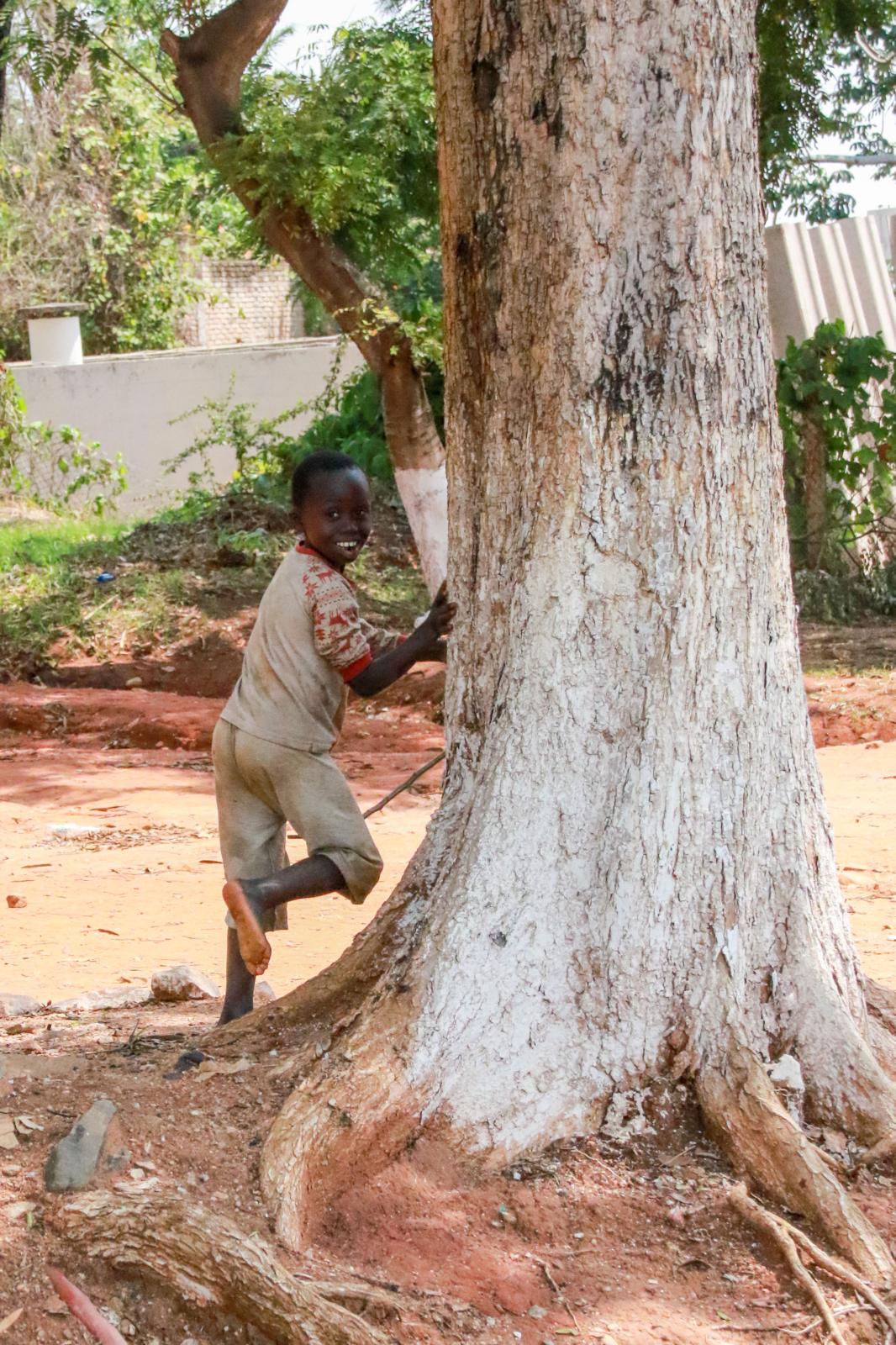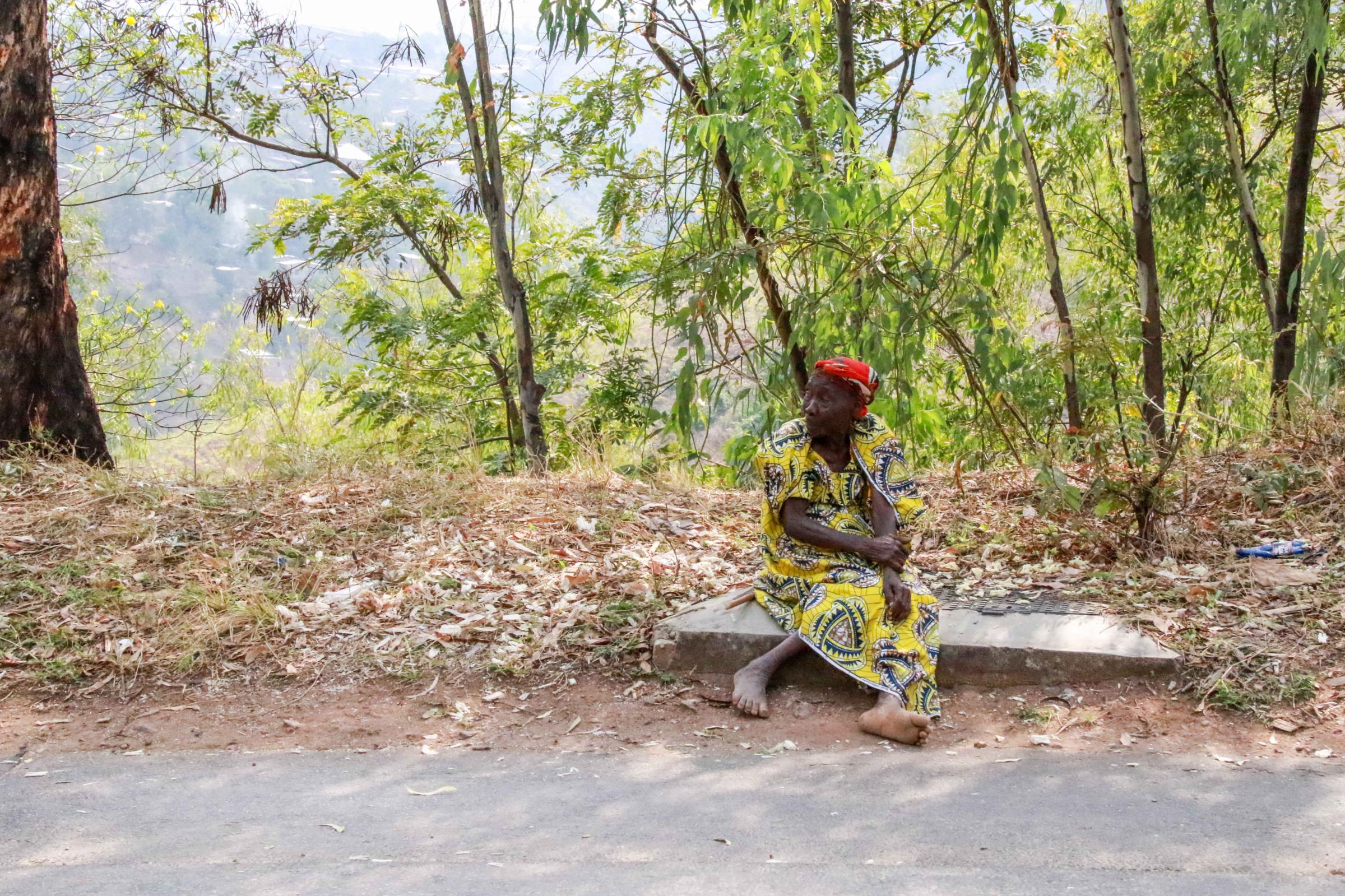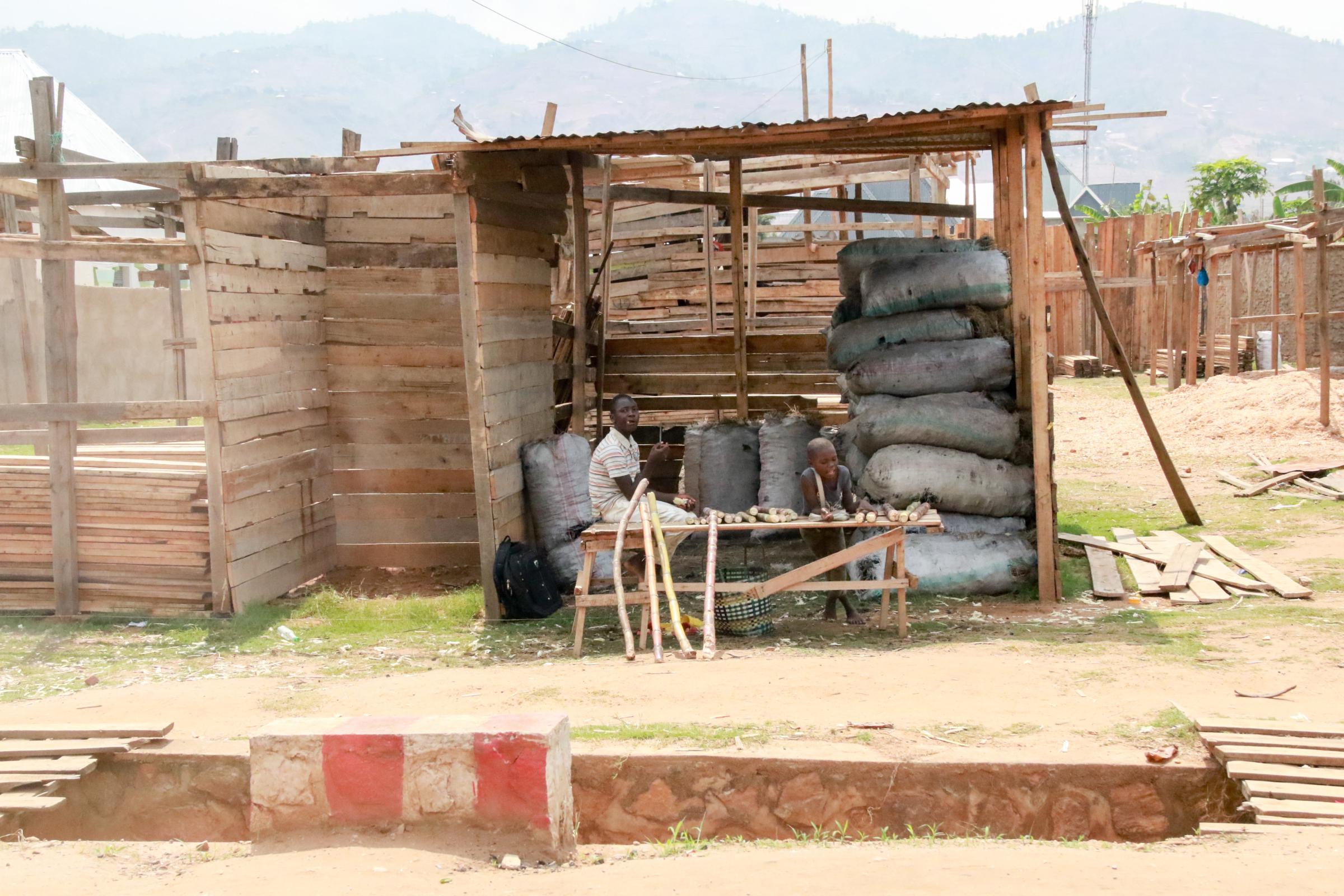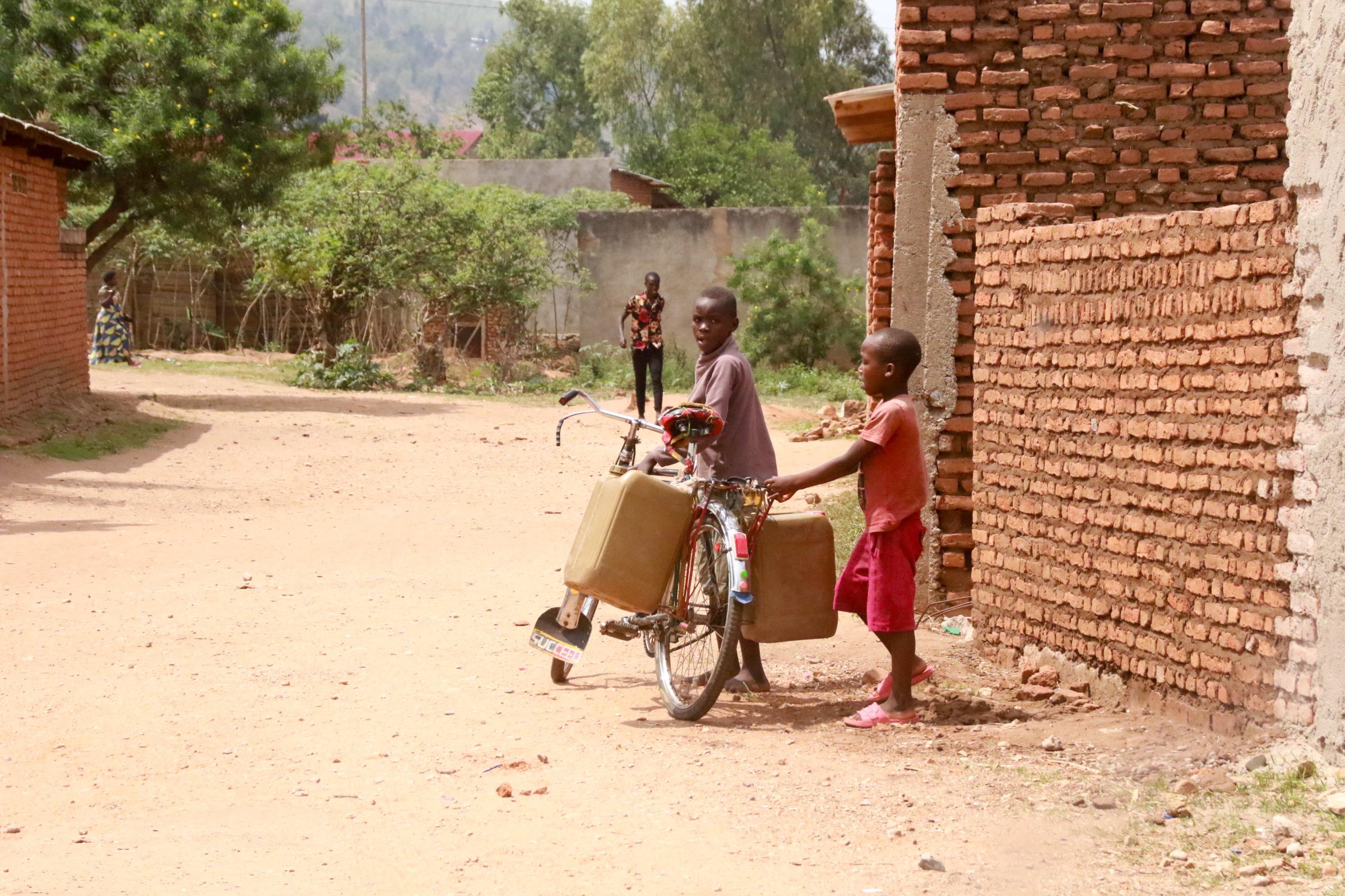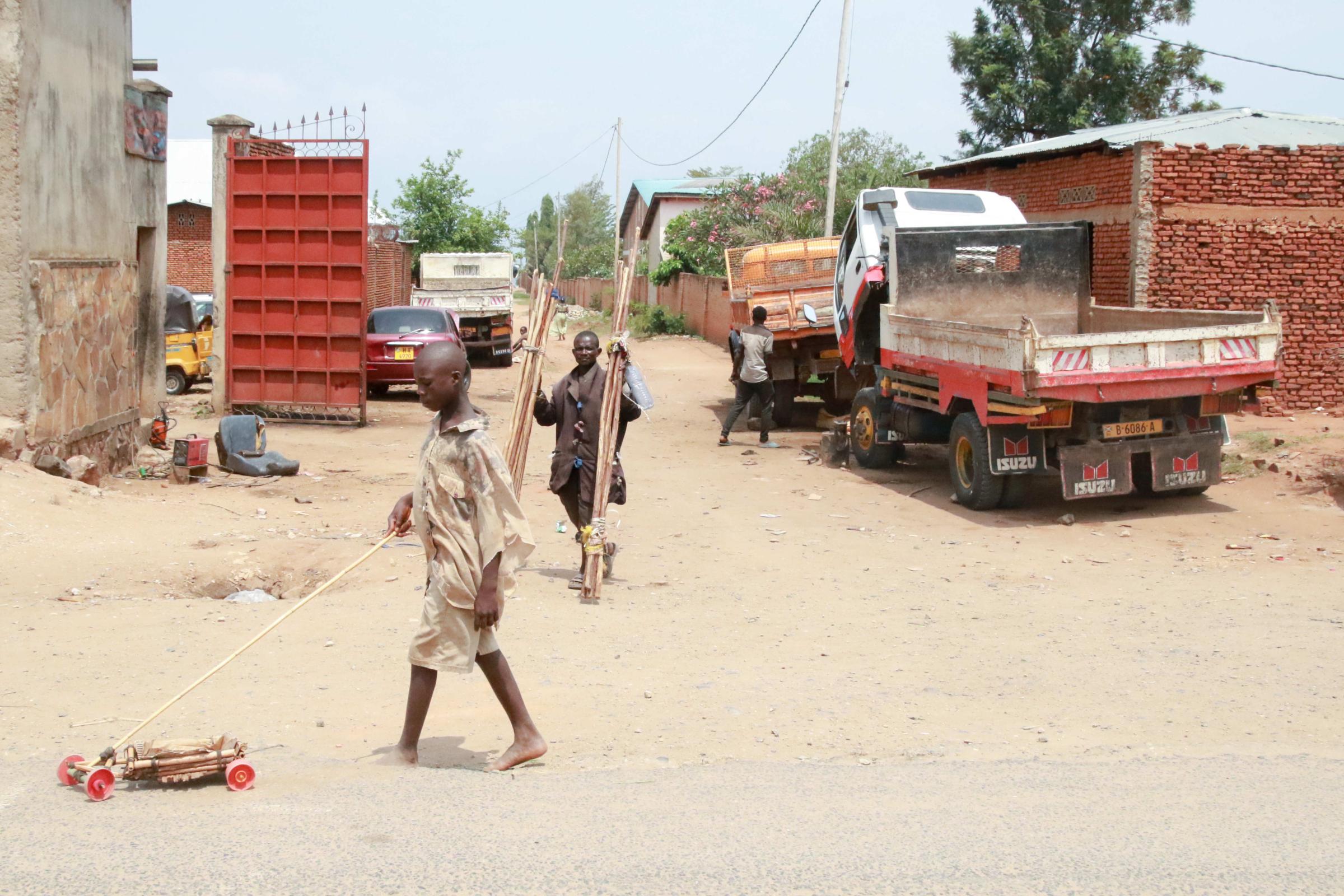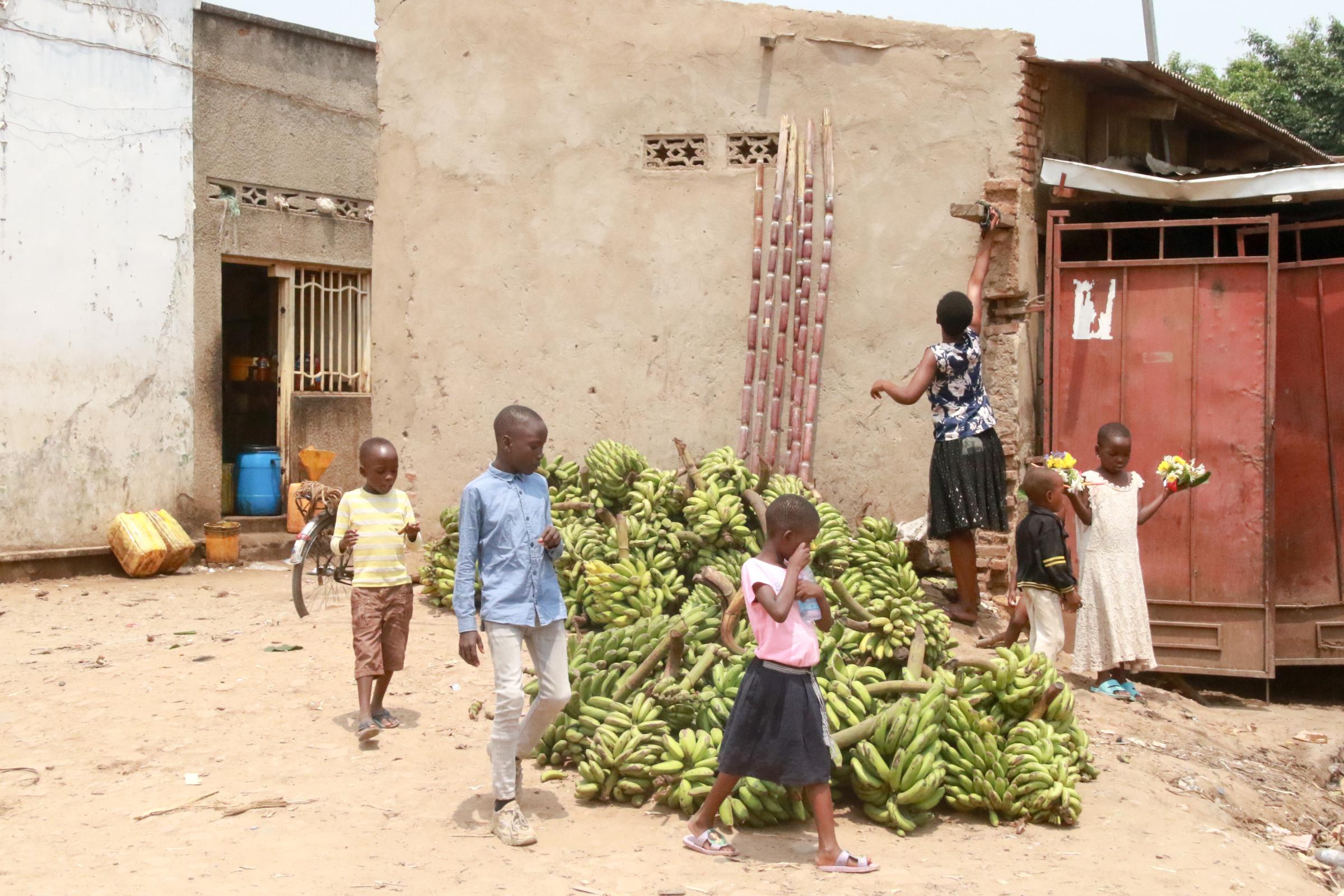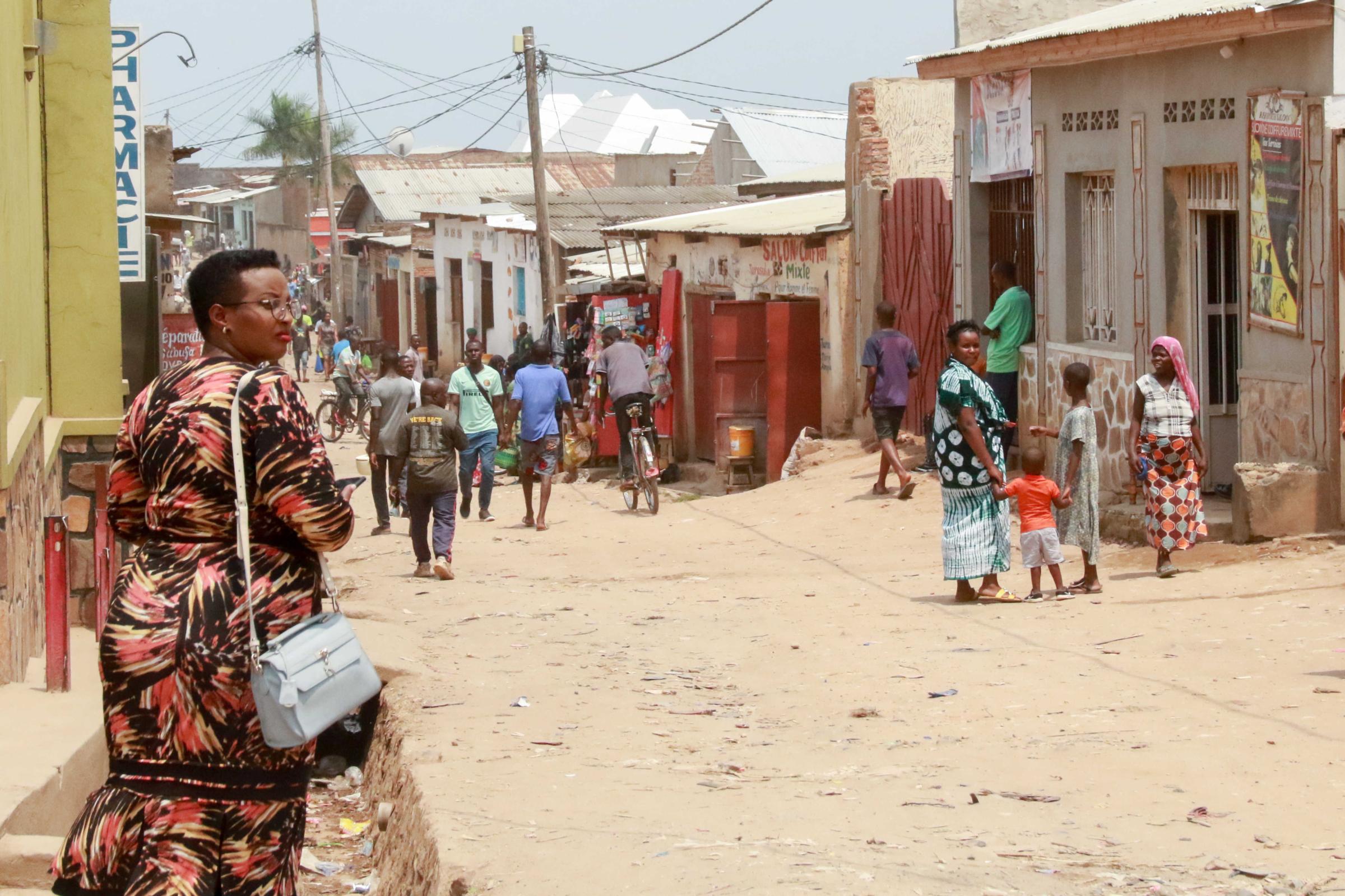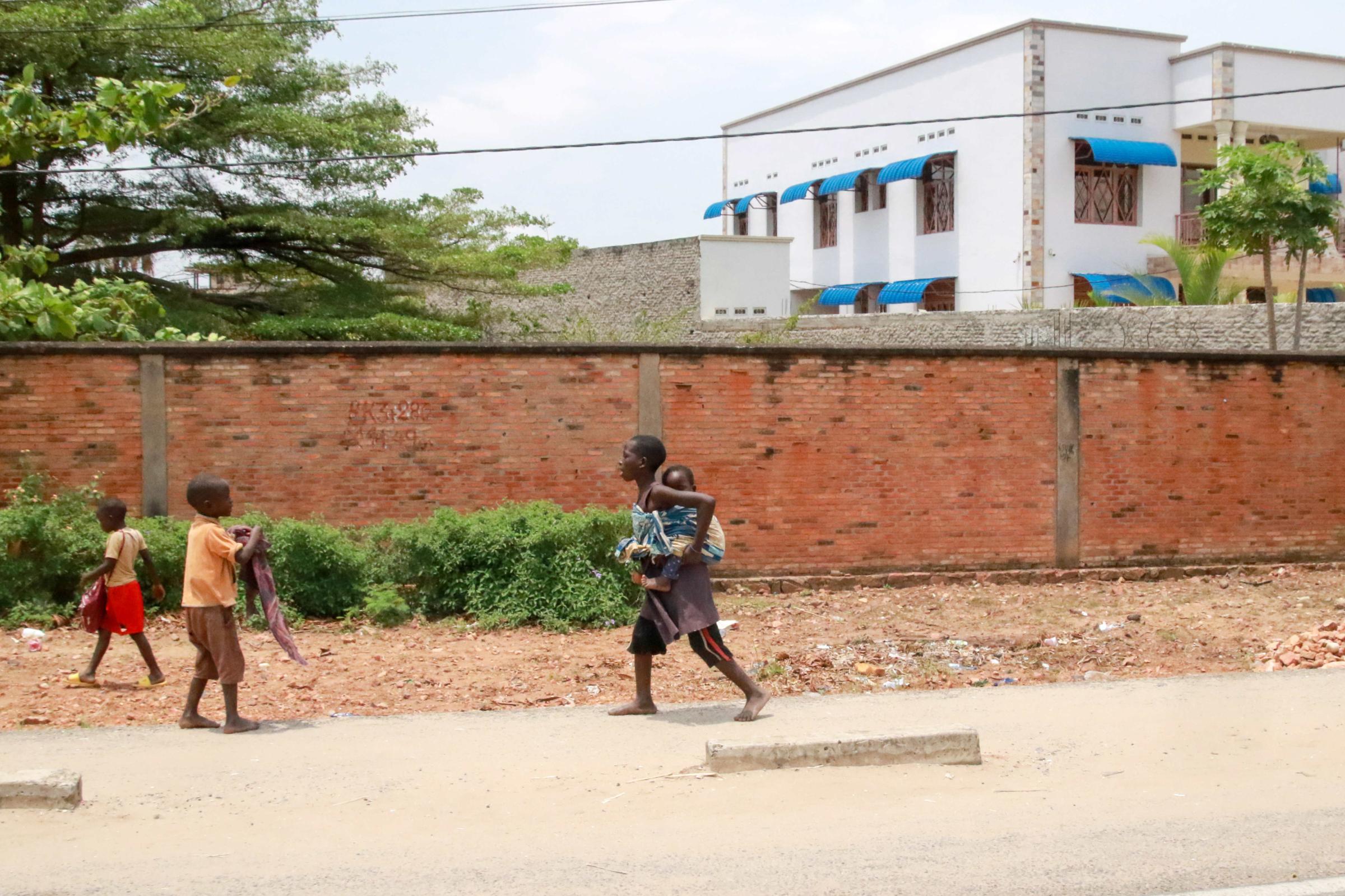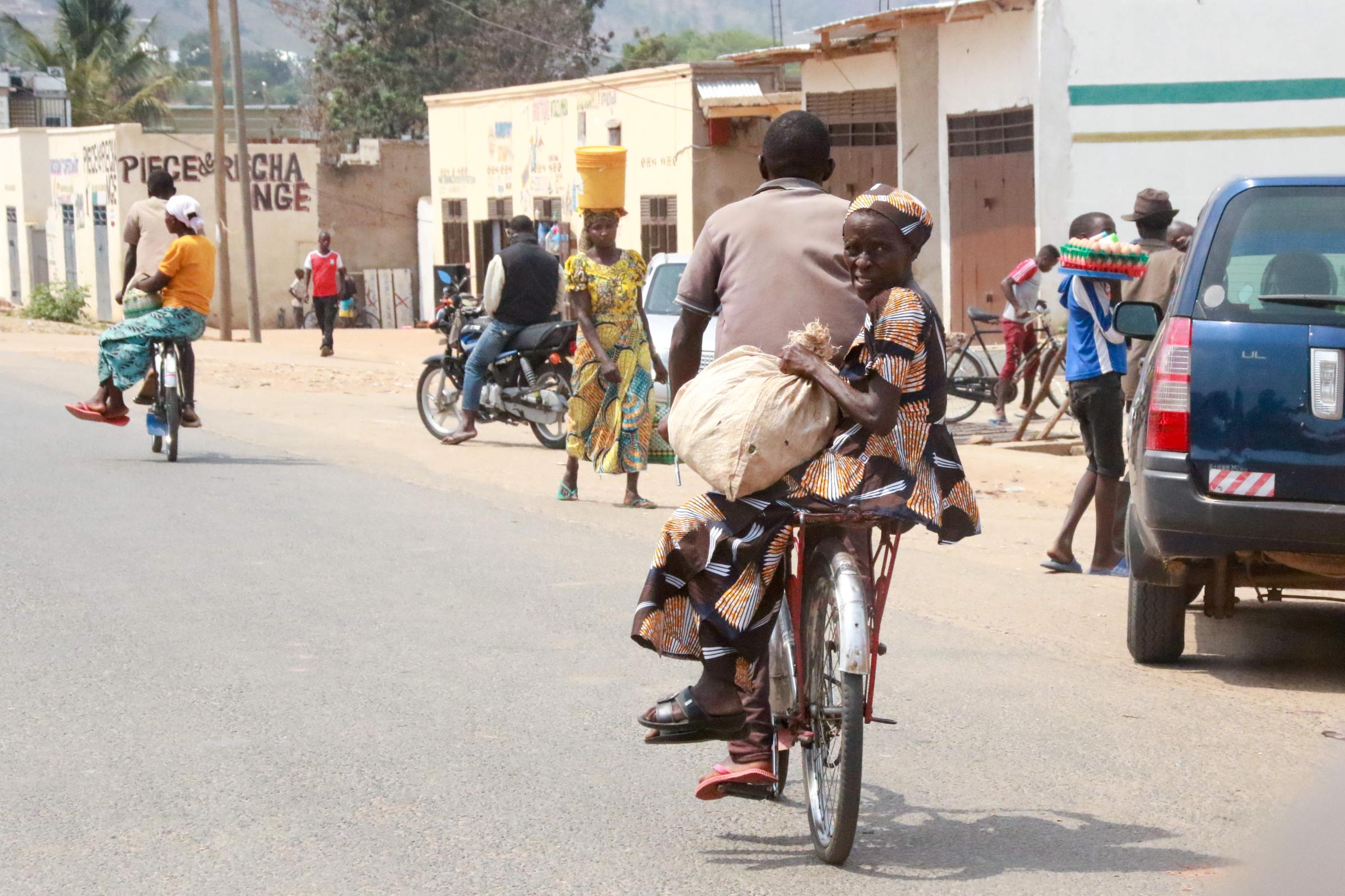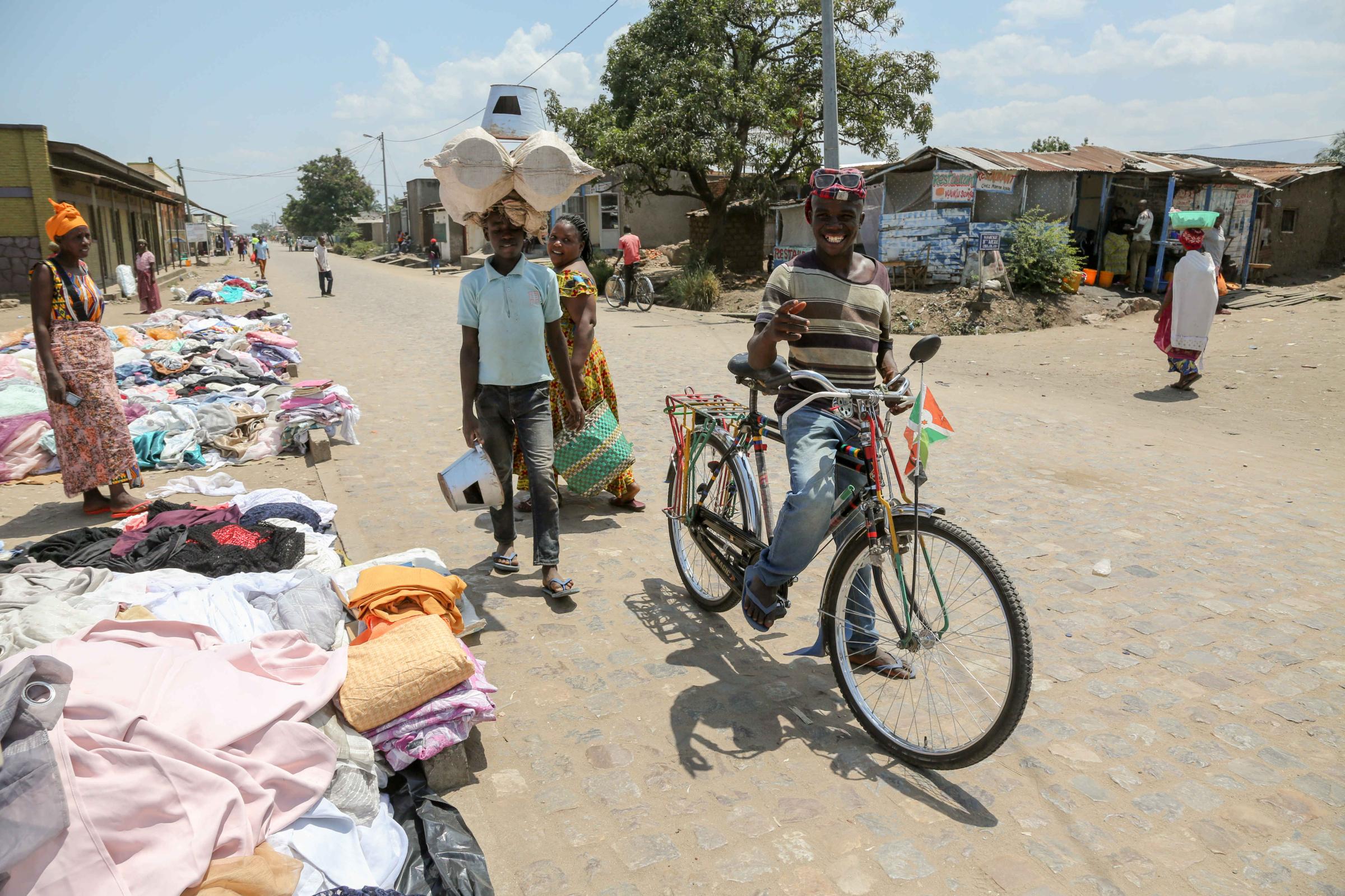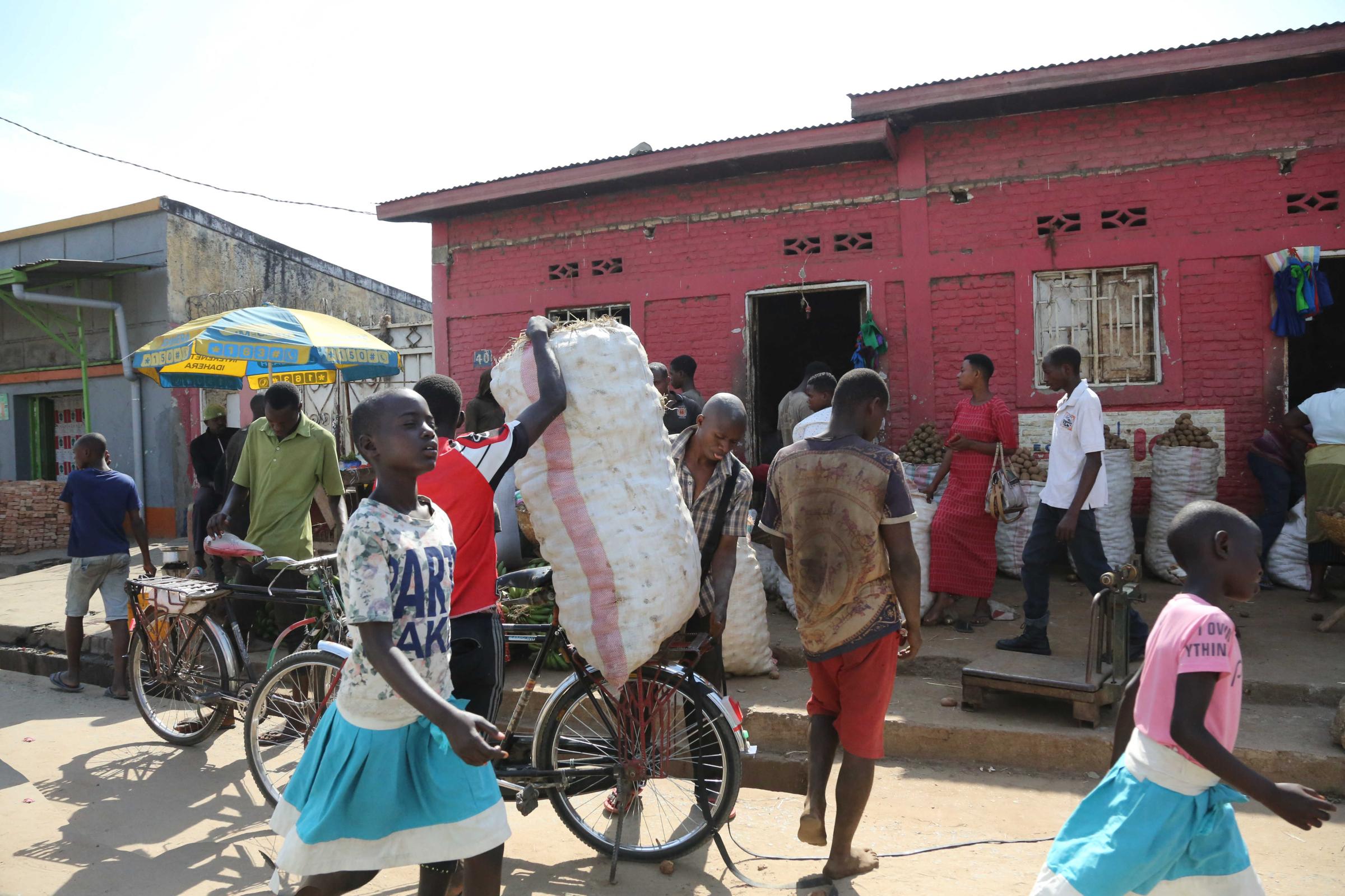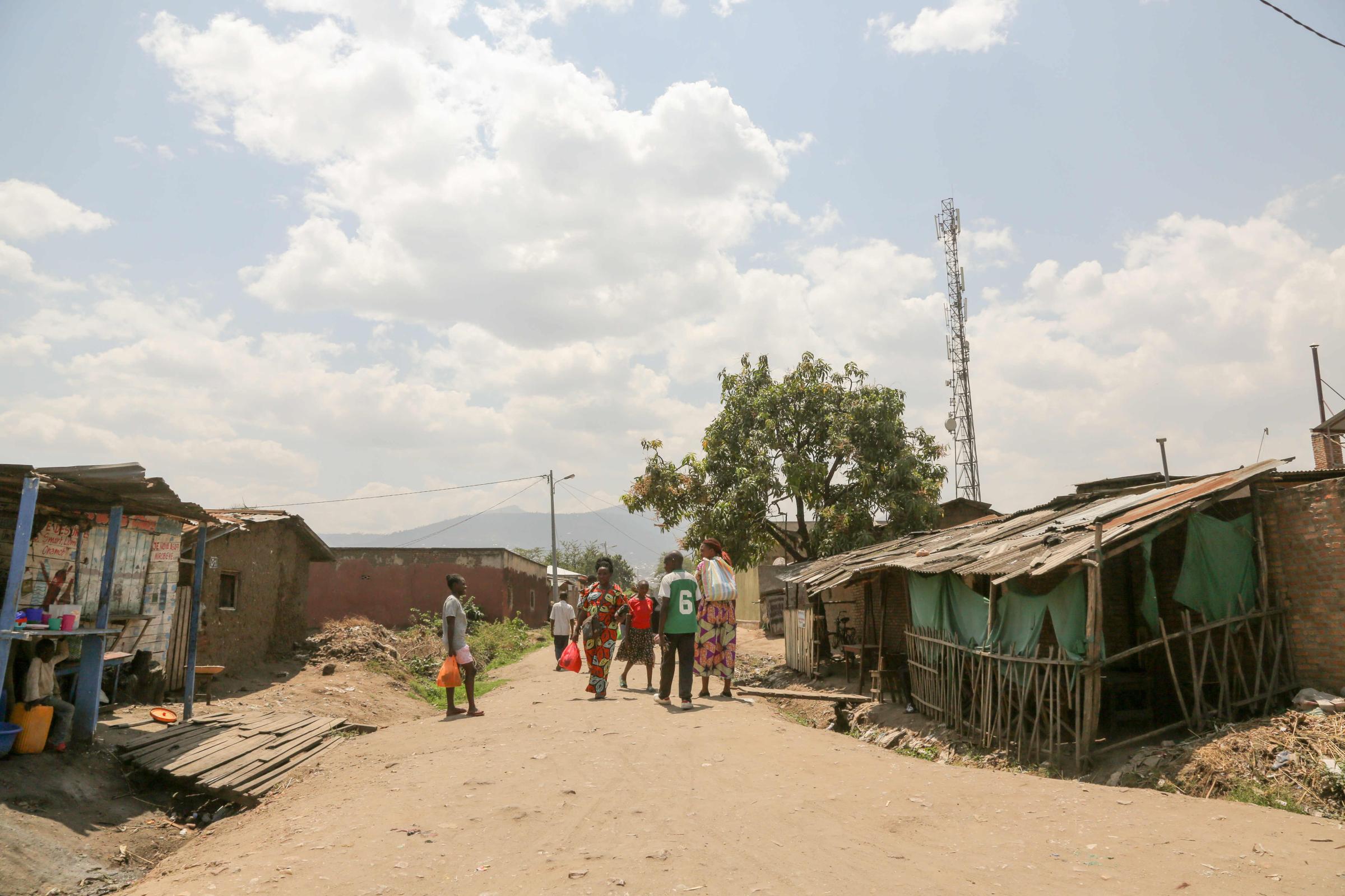Burundi, is a densely populated, landlocked country in East Africa and ranks as the poorest country worldwide, with 70% of the population living in poverty and just $272 GDP per capita in 2022. Bujumbura is the country’s economic center and its main port. Bujumbura is situated next to Lake Tanganyika, which is the longest freshwater lake in the world.
The lingering effects of colonialism have led to a permanent state of political instability which has not allowed the country to focus on economic development, and there are high levels of corruption and mismanagement amongst the elite within the government which has affected the amount of foreign aid coming into the country.
There is a big divide between the ruling elites and rural farmers that provide almost all of the resources to the party-state, yet the farmers and ordinary citizens are for the most part powerless. After gaining independence in 1962, there were a series of political assassinations, coups, bouts of ethnic cleansing and two civil wars has contributed to the country being underdeveloped as any economic progress achieved became undone by the next conflict. In 2005 peace was restored, but returned to large-scale political strife as President Pierre Nkurunziza tried to run for a third term. In 2020 General Evariste Ndayishimiye became president, and with peace restored he declared that “the only enemy that remains a threat to citizens is poverty,” and has put out an ambitious plan to accelerate the process of socio-economic development.
The history of Belgium Imperialism in Burundi can teach us a larger lesson of how racism has been deliberately used to divide and rule the exploited masses, and what can happen if these tactics are not stopped in their tracks before they gain a foothold.
The lingering effects of colonialism have led to a permanent state of political instability which has not allowed the country to focus on economic development, and there are high levels of corruption and mismanagement amongst the elite within the government which has affected the amount of foreign aid coming into the country.
There is a big divide between the ruling elites and rural farmers that provide almost all of the resources to the party-state, yet the farmers and ordinary citizens are for the most part powerless. After gaining independence in 1962, there were a series of political assassinations, coups, bouts of ethnic cleansing and two civil wars has contributed to the country being underdeveloped as any economic progress achieved became undone by the next conflict. In 2005 peace was restored, but returned to large-scale political strife as President Pierre Nkurunziza tried to run for a third term. In 2020 General Evariste Ndayishimiye became president, and with peace restored he declared that “the only enemy that remains a threat to citizens is poverty,” and has put out an ambitious plan to accelerate the process of socio-economic development.
The history of Belgium Imperialism in Burundi can teach us a larger lesson of how racism has been deliberately used to divide and rule the exploited masses, and what can happen if these tactics are not stopped in their tracks before they gain a foothold.
Bujumbura - City in the Heart of Africa
Public Project
Bujumbura - City in the Heart of Africa
870

